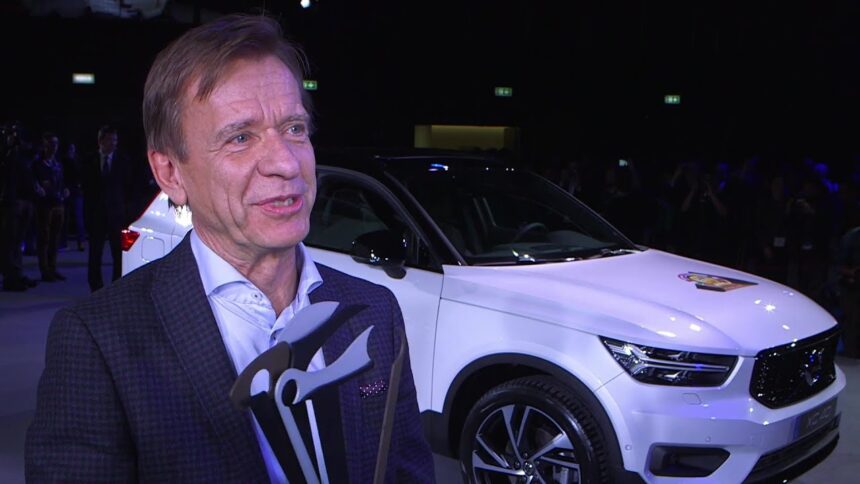Volvo Cars CEO, Hakan Samuelsson, stated on Friday that customers would bear a significant portion of the increased costs caused by rising tariffs. The company’s CEO emphasized that the tariff-related cost increases would likely be passed on to consumers. The situation could make it increasingly difficult to import the smallest cars in Volvo’s lineup into the United States. The statement was made during an interview with Reuters, where Samuelsson outlined the implications of the new tariffs on Volvo’s operations.
U.S. President’s Statement on Tariffs
U.S. President Donald Trump announced on Friday that he would recommend a 50% tariff on goods imported from the European Union. This new tariff would come into effect starting June 1, 2025. Trump explained that the European Union had been difficult to negotiate with on trade issues, which led to this sharp increase in tariffs. The 50% tariff would directly impact a range of European goods, including cars from companies like Volvo.
Read More: BYD vs Tesla in Europe: A Turning Point in the EV Market
Impact on Volvo’s Sales and Production
Samuelsson also explained that a 50% tariff would significantly affect Volvo Cars’ ability to sell its EX30 electric vehicle. The EX30, manufactured in Belgium, is one of the company’s smallest and most affordable electric vehicles. With the new tariff, it may become financially unfeasible for Volvo to continue exporting the model to the United States. Samuelsson’s remarks highlighted the possible challenges the company could face in maintaining its presence in the U.S. market.
Hope for a Trade Agreement
Despite the looming threat of rising tariffs, Samuelsson expressed optimism about a potential resolution. He stated that he believed Europe and the United States would soon come to a trade agreement. The CEO emphasized that it was not in the best interests of either Europe or the United States to halt trade between them. Samuelsson remained hopeful that diplomatic efforts would prevail and result in a mutually beneficial deal that would alleviate the pressure on companies like Volvo.
Also Read: Flying Cars in the UAE: Electric Air Taxi ‘Midnight’ to Begin Trials by 2025
Stock Market Reaction to Tariff News
Volvo’s stock price saw a notable decline following the tariff announcement. The company’s shares dropped by 5.0% at 1257 GMT. This decline in stock value reflected the uncertainty in the market regarding the potential impact of the tariffs on Volvo’s financial performance. The tariff increase, coupled with the potential challenges in U.S. market access, led to concerns among investors about Volvo’s profitability in the near future.
Conclusion
While the future of Volvo’s operations in the U.S. remains uncertain, Samuelsson’s statement highlighted the wider challeZnges that businesses face due to escalating trade tensions. The CEO’s call for a resolution emphasized the need for cooperation between the European Union and the United States. The outcome of these trade negotiations will likely shape the future of car imports and exports between the two regions, especially for manufacturers like Volvo.
Follow 10X Times for more business news.






